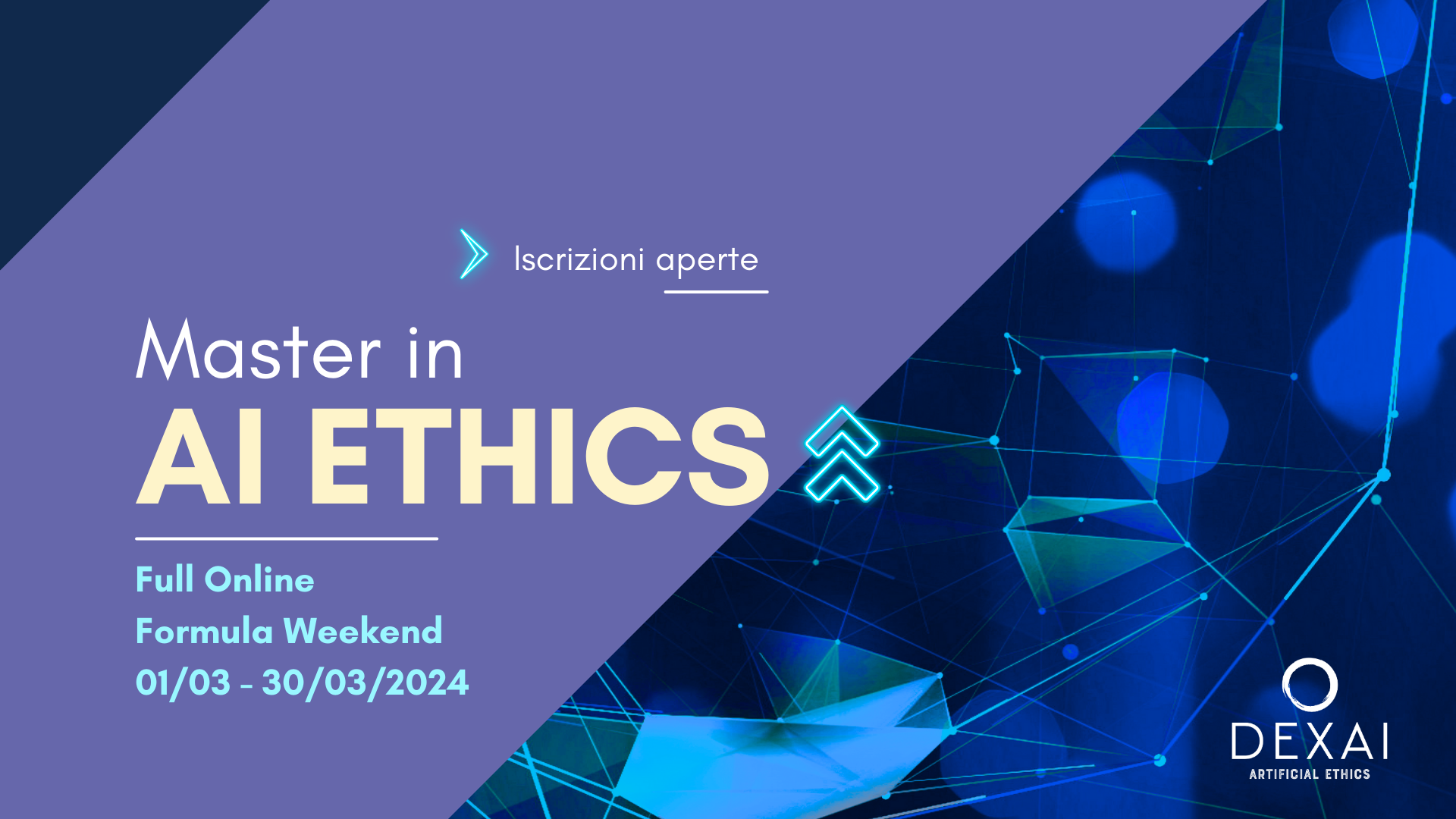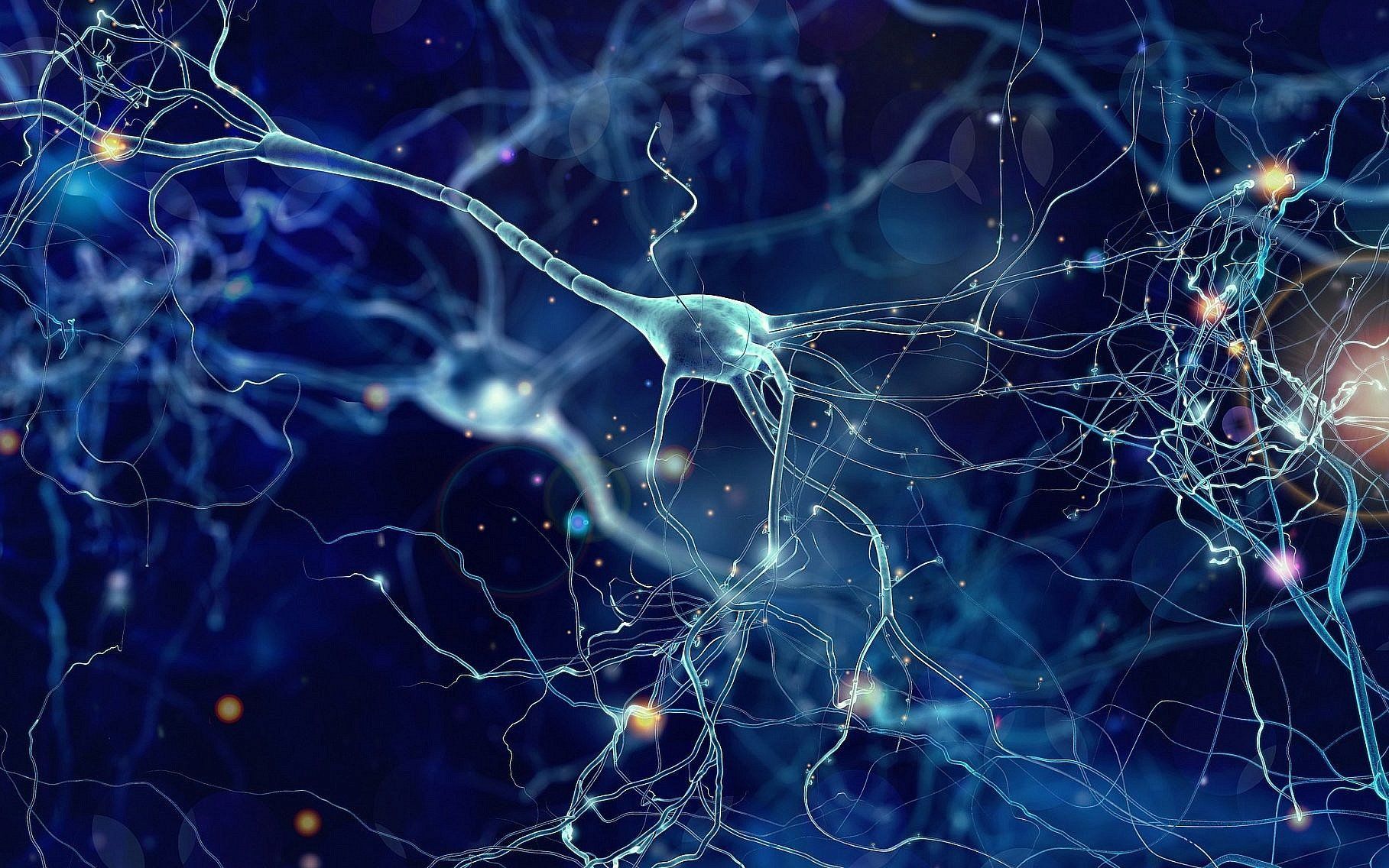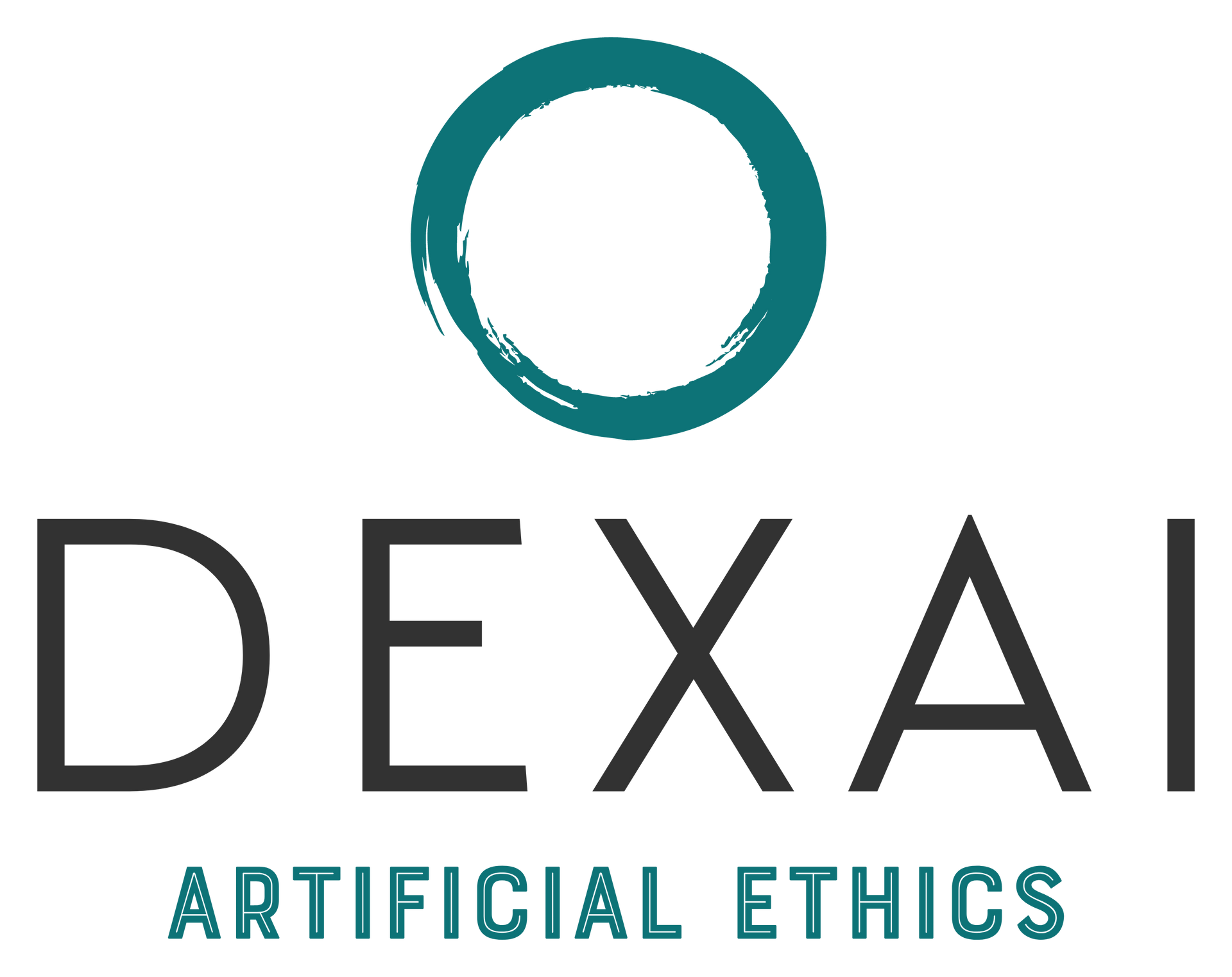AI Ethics Officer: La Professione del Futuro nel Campo dell'Intelligenza Artificiale
AI Ethics Officer, tutto quello che c'è da sapere su una delle professioni emergenti nel settore dell'AI
In questo articolo, vi forniremo una panoramica completa per comprendere a fondo chi è l'AI Ethics officer, e perché è una delle professioni più promettente nel contesto dell'Intelligenza Artificiale
Indice dei contenuti
- Introduzione all'importanza dell'Etica nell'Intelligenza Artificiale
- AI Ethics Officer: una professione emergente e strategica
- L'AI Act e il crescente bisogno di Etica nell'AI
- Ruolo e competenze dell'AI Ethics Officer
- Master in AI Ethics: un percorso per diventare pionieri dell'Etica dell'AI
Introduzione all'Importanza dell'Etica nell'Intelligenza Artificiale
Negli ultimi anni, l’Intelligenza Artificiale è passata dallo status di tecnologia del futuro a realtà concreta e influente nelle nostre vite.
Divenuta argomento principale nel dibattito pubblico, l’AI si è prefigurata per la prima volta come
strumento avanzato per la risoluzione di innumerevoli compiti negli ambiti più disparati. La rapida evoluzione di queste tecnologie solleva però
questioni etiche urgenti, che ci pongono davanti alla necessità di definire come umani e macchine debbano interagire nei nuovi scenari che si aprono dinanzi a noi.
Le
sfide e i
rischi legati all'etica dell'intelligenza artificiale assumono un'importanza e una complessità senza precedenti. Le aziende stanno rapidamente espandendo la portata e l'ambito dei loro sistemi di AI, inserendoli in contesti sempre più ampi e diversificati. Questa evoluzione porta con sé un'aspettativa fondamentale: i
sistemi di AI devono
aderire a
norme
sociali ed
etiche, oltre che supportare processi di
decision-making equi,
coerenti,
trasparenti,
spiegabili e
privi di pregiudizi. Tuttavia, definire cosa sia etico e socialmente accettabile non è semplice, nemmeno per gli operatori umani.
Uno dei problemi più persistenti e complessi sia per gli individui che per la società è il
bias sistemico, una questione che l'intelligenza artificiale tende a esacerbare ed amplificare a livello di frequenza ed impatto concreto. In ambienti aziendali, il comportamento non etico ha sempre rappresentato un rischio, ma con l'introduzione dell'AI, questo tende ad aumentare a causa dell’impatto di
predizioni inesatte
e compiti svolti in modo non trasparente. In parallelo, i rischi in ambito pubblico sono anche maggiori, considerato il ruolo svolto dalla Pubblica Amministrazione e dagli enti governativo in settori chiave quali la gestione dei servizi pubblici essenziali, l’amministrazione della giustizia, la prevenzioni dei reati e così via. Le azioni di un sistema AI, sebbene tecnicamente corrette, potrebbero infatti rivelarsi inaccettabili dal punto di vista etico-sociale.
Nei prossimi anni sarà quindi fondamentale implementare sistemi di AI che non solo rispettino le leggi, ma che siano anche
allineati con i valori etici e morali
della società. Questo compito richiede una comprensione profonda dei principi etici sottostanti, oltre che competenze tecniche per integrare questi valori nei sistemi di AI. Ed è proprio in questo contesto che nasce il
ruolo dell'AI Ethics Officer: un professionista che
guida lo
sviluppo responsabile e l'uso etico dell'AI,
garantendo che la
tecnologia lavori per il bene della società nel suo insieme.
AI Ethics Officer: Una Professione Emergente e Strategica
L'EU AI Act rappresenta un tentativo significativo dell'Unione Europea di guidare la regolamentazione globale dell'intelligenza artificiale e di stabilire uno
standard a livello mondiale. L'obiettivo principale dell'AI Act è dare
priorità ai diritti umani nello sviluppo e nell'impiego dell'AI, categorizzando i sistemi in base
all'impatto che possono avere sulla vita delle persone. In particolare,
i sistemi di AI ad alto rischio dovranno soddisfare
requisiti
molto
stringenti, ed essere valutati sia prima di essere messi sul mercato che durante tutto il loro ciclo di vita. Le aziende e le organizzazioni che non rispetteranno i requisiti di conformità per i loro sistemi, saranno infatti
soggette a sanzioni.
Il ruolo dell'AI Ethics Officer diventa fondamentale in questo contesto. Questi professionisti dovranno guidare le aziende nell'adeguamento alle norme dell'AI Act, assicurando che i sistemi di AI sviluppati e implementati rispettino i requisiti di
transparency,
fairness,
privacy e
security. L'AI Act si applica ai fornitori, distributori e utilizzatori di sistemi di AI commercializzati o messi in servizio nell'UE, la responsabilità dell'AI Ethics Officer si estenderà quindi oltre le frontiere nazionali, influenzando le pratiche globali delle aziende.
L’AI Ethics Officer dovrà assicurare l’adozione di framework di gestione del rischio, di creare documentazione tecnica dettagliata, di facilitare la tenuta di registri e lo sviluppo di sistemi che consentano un’adeguata supervisione umana per prevenire o minimizzare i rischi per la salute, la sicurezza o i diritti fondamentali. Inoltre, l’AI Ethics Officer dovrà garantire un livello adeguato di accuratezza, robustezza e sicurezza informatica durante tutto il ciclo di vita del sistema.
Con l'imminente formalizzazione e l'entrata in vigore dell'Act, le aziende devono iniziare a prepararsi, con l'aiuto degli AI Ethics Officer, per soddisfare nuove e stringenti regolamentazioni.
Ruolo e Competenze dell'AI Ethics Officer
L'AI Ethics Officer rivestirà un ruolo cruciale nell'ambito dell'intelligenza artificiale grazie alla sua
natura interdisciplinare.
Ma quali sono le competenze tecniche del ruolo?
Ecco una lista delle
principali competenze dell’AI Ethics Officer:
Conoscenze Tecniche
- Capacità di comprendere i
dettagli
tecnici che influenzano la
progettazione, lo
sviluppo e
l’implementazione dei
sistemi di AI.
Conoscenze Normativa
- Conoscenza della normativa applicabile in contesti di AI, come ad esempio quella in materia di protezione dei dati, e una prospettiva strategica sulle possibili future normative e sfide etiche.
- Capacità di navigare nel contesto
legale in
rapida
evoluzione.
Conoscenza dei Settori di riferimento
- Abilità di contestualizzazione l'etica dell'AI nel mondo corporate e istituzionale, al fine di tradurre le politiche e i quadri etici applicabili a scenari concreti.
- Comprensione del settore o dei settori di riferimento, e delle implicazioni dell'etica dell'AI sui processi aziendali, sistemi e gruppi di stakeholder, e consapevolezza di come l'industria sta affrontando l'etica dell'AI.
Abilità Comunicative e Capacità di Lavorare Oltre i Confini Organizzativi
- Capacità di comunicare in modo efficace, al fine di facilitare i team manageriali e operativi nel percorso di adozione e implementazione di sistemi di AI.
- Abilità di operare efficacemente attraverso i confini organizzativi, sia verticalmente all'interno della gerarchia aziendale sia orizzontalmente attraverso funzioni e unità di business.
Il Master in AI Ethics: Un Percorso per Diventare Pionieri dell'Etica nell'AI
Il
Master in AI Ethics di
Dexai offre un percorso formativo completo che mira a preparare i futuri AI Ethics Officers.
Il programma copre una vasta gamma di argomenti, fornendo solide basi del contesto teorico dell’AI e dell’AI Ethics, per poi muoversi all’interno di tematiche pratiche legate ai
bias dell’AI, ai principi di
protezione dati, dello sviluppo etico, per arrivare alle
metodologie di
valutazione degli
impatti sociali e
sostenibilità
dell’AI.

Case Studies e Approccio Pratico del Master in AI Ethics
L'approccio pratico del master in AI Ethics è fondamentale per preparare gli studenti alle sfide reali
del campo. Attraverso
l'analisi di
casi di studio concreti, gli studenti impareranno a navigare in situazioni complesse, dove le
decisioni etiche devono essere prese rapidamente e con sicurezza. I casi di studio spaziano da questioni di
bias e
discriminazione
nell'AI a questioni di
privacy e
consenso, offrendo agli studenti una comprensione approfondita delle sfide etiche che dovranno affrontare nella loro carriera.
Conclusione: Perché Scegliere una Carriera in AI Ethics
Scegliere una carriera in AI Ethics significa non solo intraprendere un percorso professionale all'avanguardia, ma anche contribuire attivamente a plasmare il futuro dell'AI in modo responsabile ed etico. Il master in AI Ethics si pone l’obiettivo di formare i professionisti che guideranno il cambiamento tecnologico dei prossimi anni.
Se sei interessato/a a conoscere i dettagli dell'offerta formativa, visita la pagina dedicata
Leave us a message!
We will get back to you as soon as possible.
Please try again later.




